PLANNING TOOLS
Legacy Web of Creation Resources Click here for OG Web of Creation resources. Resources Added after 2024 TBD
Legacy Web of Creation Resources Click here for OG Web of Creation resources. Resources Added after 2024 TBD
Legacy Web of Creation Resources Click here for OG Web of Creation resources. Resources Added after 2024 TBD
Legacy Web of Creation Resources Click here for OG Web of Creation resources. Resources Added after 2024 Season of Creation’s […]
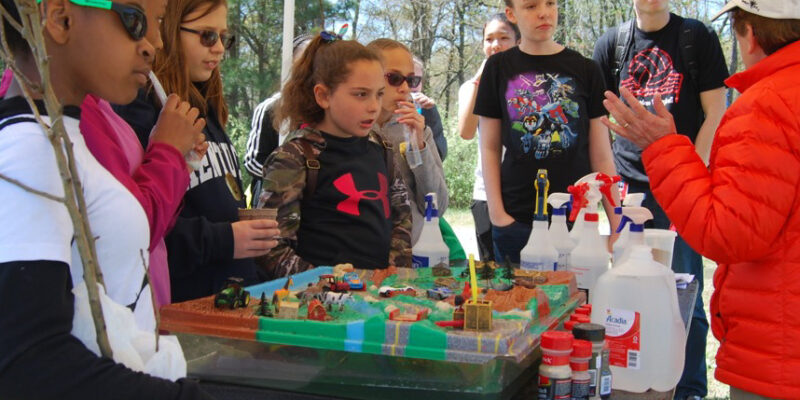
From the very beginning, the Web of Creation’s goal has been to cast a wide net around “ecological resources to transform faith and society.” This site has been an aggregation of great, green, ideas. You can help us stay fresh and useful by sharing resources that you have found to be significant.
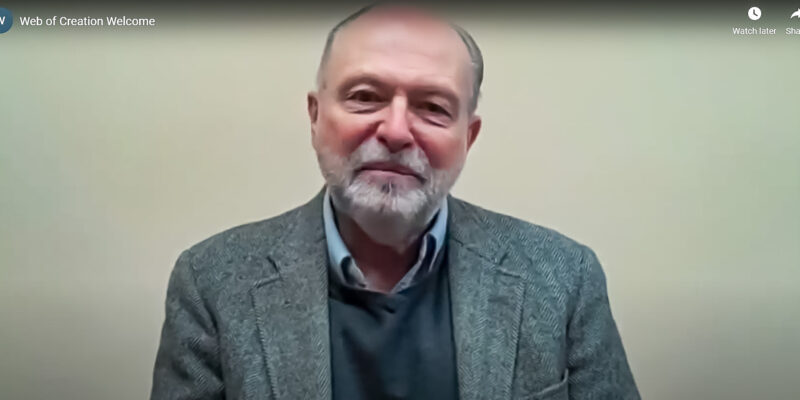
“Fall in love with creation. Find ways for you and your congregation to discover anew the love of God for all creation. God has created all things for their own sake, not for what they can do for humans. God is in all things “working for good.” We can be restored not only by our relationship with nature, but also by our relationship with God in nature. By loving nature and by caring for it and about it, we align ourselves with God’s deep and abiding love for all things. Because we encounter in nature a God of love who cares for the most vulnerable, we will be empowered to do the same.” ~Dr. David Rhoads
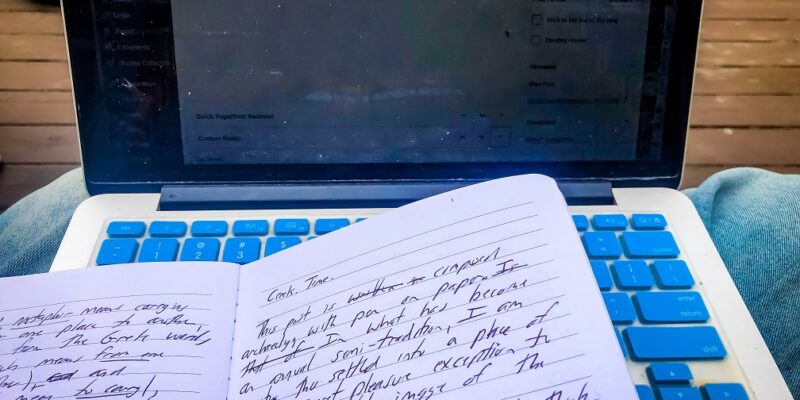
We want to get you involved with the Web of Creation. Do you have a story about a green event or service project, worship experience, or devotional reflection you would like to share? How has your congregation gone green?
Write a blog post to let us know about it.
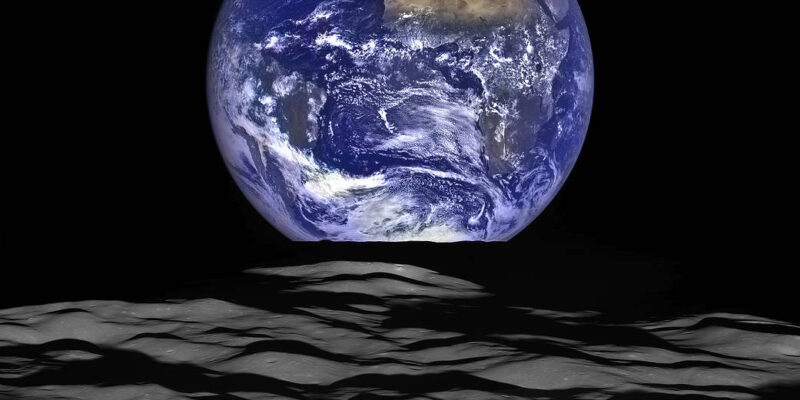
It is different for people to grasp just how extreme our ecological crises really are. Problems such as climate change, loss of species, water shortages–are a type of problem that human beings have never faced before, because the problems are global. Personal behavior has never before had global weather consequences. Therefore, there is no historical precedence in this type of problem solving to help us form useful responses. In understanding these problems there are three realities that need to be understood:
1. Our ecological crises are enormous and quickly getting worse.
2. These problems are urgent and time is running out.
3. There are alternatives, and a better future is possible.
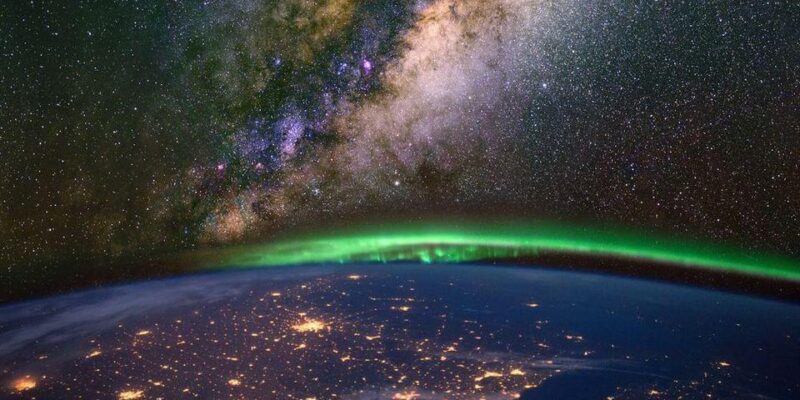
“It is an excruciating experience to watch the planet fall apart piece by piece in the face of persistent and pathological denial.” Boiling Point – Ross Gelbspan
Although it is finally beginning to change, the primary problem is that people don’t think there’s much of a problem. There’s no agreement on the basic facts. For 20 years, the oil and coal industries have waged a PR campaign to stop any action on global warming. They have been able to discredit science, making it just one more special interest, and scientific results a matter of opinion, rather than of fact. They have also been able to maintain the public perception that the science of global warming is still unproven. And they have kept the focus on the economy, so that the argument becomes any attempt to lower the use of fossil fuels with “harm the economy.” They have been able to maintain the impression that we can choose between the current situation or changes that will economically impact the fossil fuel industry. They ignore what will happen if we continue to do nothing.
“If we continue down the path we are going, we will produce changes greater than any experienced in the past 300 million years.” Kenneth Caldeira, Lawrence Livermore National Laboratory.